
EPA Grant To Help Impact MBA Students Champion Green Business Innovations
In the hierarchy of environmental protection and pollution prevention strategies, the first step in mitigating harmful waste is simple: address the problem at the source by not creating it at all.
Five CSU College of Business Impact MBA students will be helping local businesses achieve that goal next summer.
To complete the required 400-hour fellowship that is a central part of the Impact MBA’s corporate sustainability track, select students will have the opportunity to partner with Colorado companies and the Colorado Department of Public Health and Environment to advance new sustainable, source reduction initiatives.
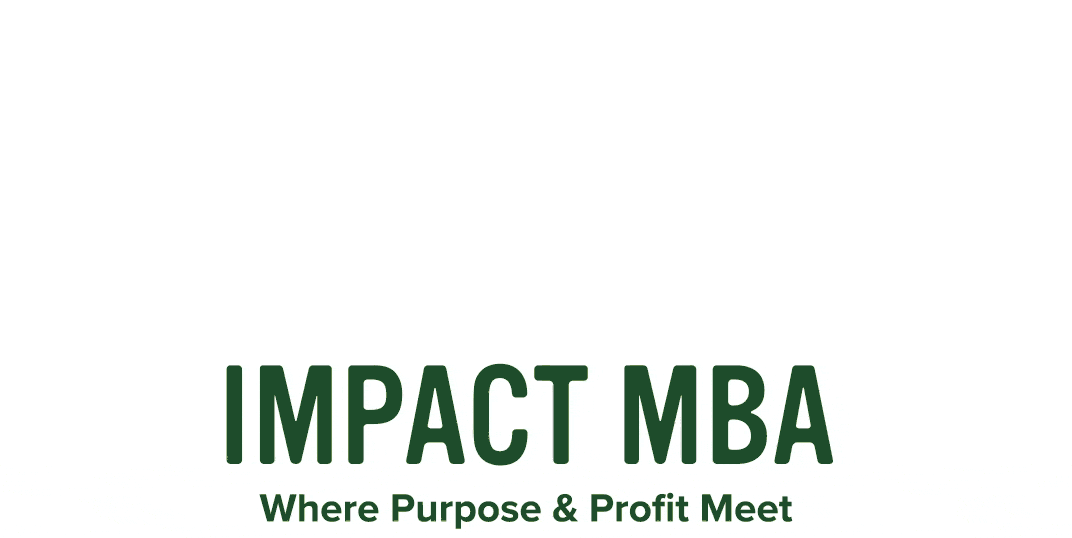
Students will create a case study documenting their initiative to submit to the Environmental Protection Agency. The EPA will then share the students’ insights with other business leaders and professionals looking drive change in their organizations.
The effort is supported by a broad two-year grant from the EPA awarded to the CDPHE for pollution prevention, with the Impact MBA program being awarded a sub-grant to pair five students per year with businesses that need assistance on an active sustainability initiative.
“A lot of companies lack people with a business and science perspective,” said Kat Ernst, Impact MBA director, describing the blended skill sets that students will build on during their time in the program. “It’s easy for companies to think, ‘Oh, let’s change out our light bulbs,’ but those aren’t the things our students will be looking at.”
Instead, students will be tasked with working through complex business systems and processes with a critical eye, seeking untapped mitigation opportunities.
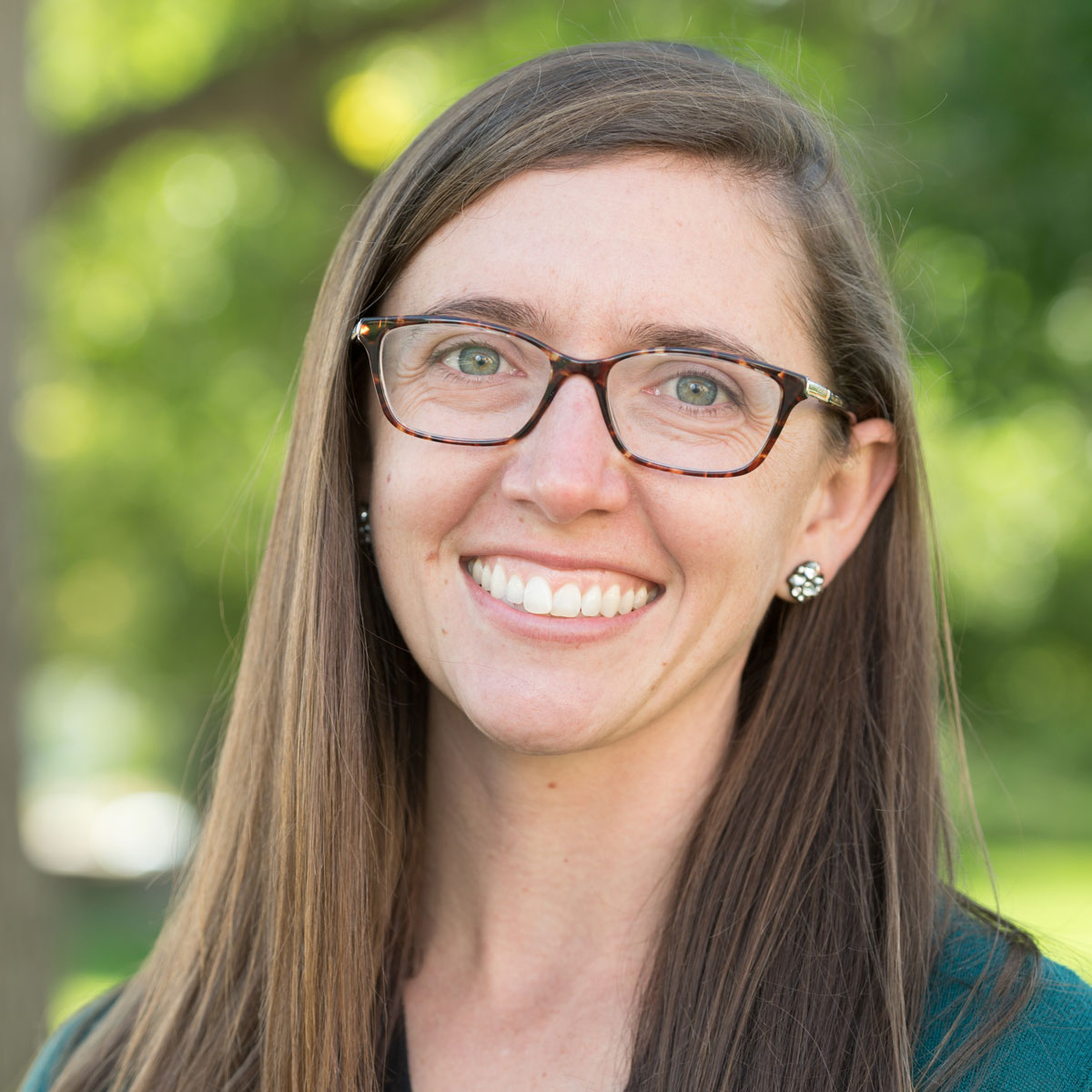
Impact MBA – 2020 Cohort
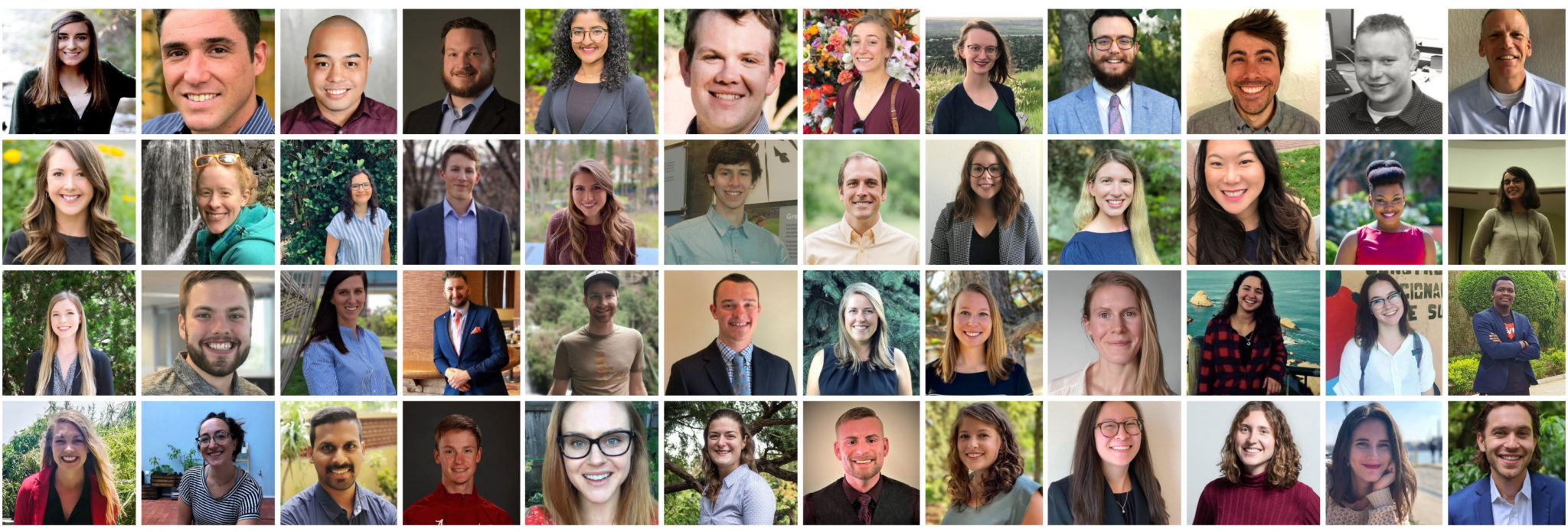
The 2020 Impact MBA cohort is made up of 48 students from both the corporate sustainability and social entrepreneurship tracks
Connecting Students and Companies
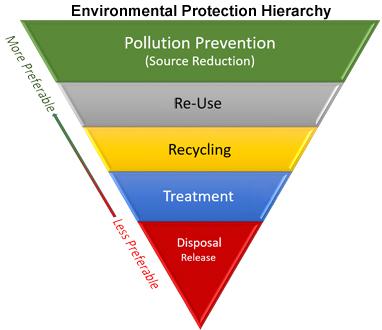
Derek Boer, a pollution prevention specialist with CDPHE’s Division of Environmental Health & Sustainability, has been working with the Impact MBA staff to develop the new partnership. For him, having the student support will be a game changer.
“It’s a one-person shop,” said Boer, who conducts site visits and assessments for companies that want to pursue more sustainable operations. In his role, Boer travels the state offering guidance and best practices to businesses while connecting them to other resources they may not be aware exist.
After introducing a company to ideas for reducing waste and increasing efficiencies, he often has to move on to another organization.
“We’d love to have the capacity to do a deeper dive with companies and work through projects that we identify together during an assessment. But I don’t have the bandwidth to return to a company and work on it over a long period of time.”
However, with the grant and student support he expects that need to be filled.
“They’re going to be able to get to know a potential project, analyze it, and have that longer, deeper relationship with the company,” said Boer, who ultimately sees the effort leading to better outcomes for the businesses students work with.
“[With the EPA grant] there’s a focus on identifying and sharing innovative practices,” said Boer. “That’s what we’re going to be looking for the CSU students to take on.”
CSU's College of Business encourages employers to accelerate their progress on sustainability goals by applying for a corporate sustainability fellowship student from our top-ranked Impact MBA program. Extend your team's capacity and make a greater impact!
A Growing Movement Toward Sustainability

Lynette Myers, an Environmental Leadership Program (ELP) Coordinator with CDPHE, will also be helping pair students with host companies as part of their corporate sustainability fellowships.
Over roughly 14 years working in the program, she’s seen interest climb among business owners who want to increase their organization’s sustainability.
“We keep waiting for it to plateau,” said Myers.
But, this past year they saw the most interest the program has ever had.
That increasing demand caught the eye of Eadala Rajendra Bhargava, an Impact MBA student who holds a Master’s in renewable energy engineering. He came to the College of Business to be able to play a larger role in the effort to meet that demand.
“I believe that businesses have the highest potential to drive sustainability,” said Bhargava, citing the way that private enterprise is woven through governments and communities of all sizes.
After graduation, he hopes to focus his efforts on integrating sustainable strategies into large, multinational corporations.
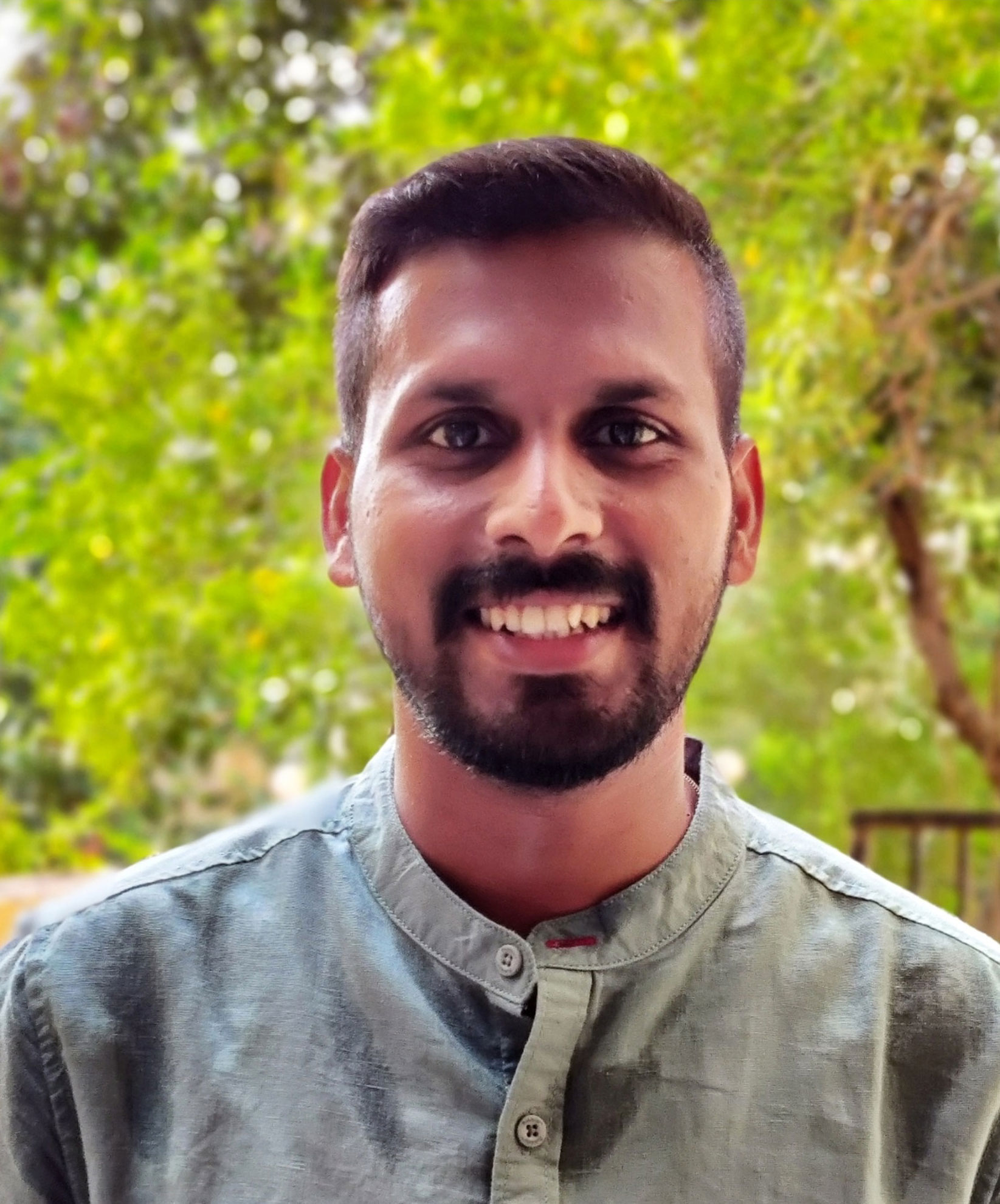
“It is extremely important to understand that every economic and business decision has an impact on the environment and communities.”
– Eadala Rajendra Bhargava, Impact MBA, Corporate Sustainability
Empowering Student’s Career Goals
“If my work isn’t creating lasting impact, what is the purpose?” asked Allie Stauss, an Impact MBA student in the corporate sustainability track who has spent the last several years working at a nonprofit helping rural coffee-growing communities that are vulnerable to market volatility and climate destruction.
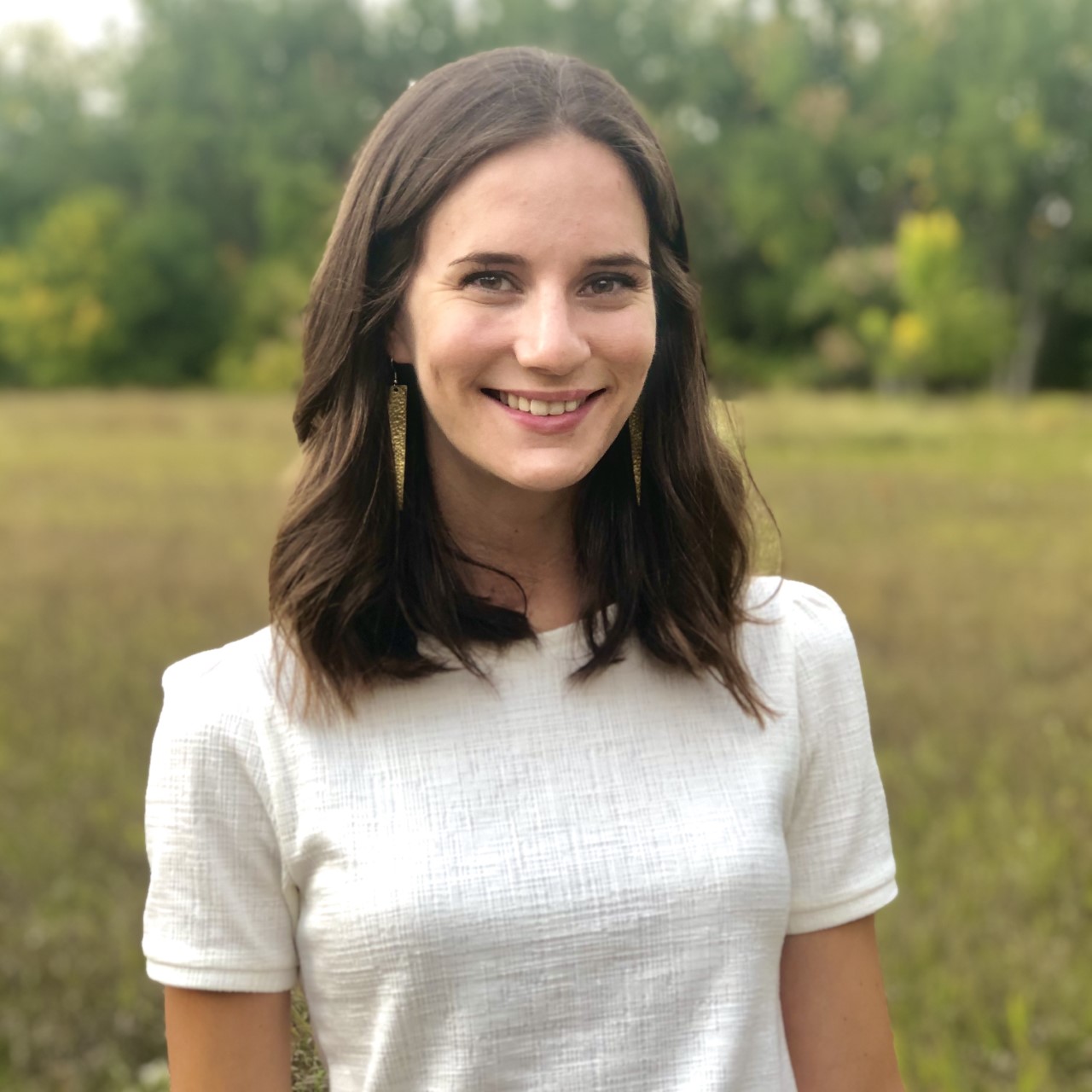
“I believe that every company has both the power and the responsibility to rewrite the business handbook.”
– Allie Stauss, Impact MBA, Corporate Sustainability
Although she’s yet to determine with which company she’ll be working, Stauss is looking forward to gaining more experience to achieve her post-graduation goals: to make supply chains more sustainable and equitable.
“I believe that every company has both the power and the responsibility to rewrite the business handbook to drive meaningful impact for both people and the planet,” said Stauss, who is excited to work with a business helping them solve these types of problems as part of her required summer fellowship.
As director of the Impact MBA program, Ernst sees the hands-on fellowship experience being a unique asset for students.
“Working through all the challenges of a real-world sustainability initiative, one that has a true impact, is an incredibly valuable experience for our students,” she said.
“They’ll be able to directly apply what they’re learning in the classroom and also have a head start when they leave CSU and are working to develop careers in corporate social responsibility.”
